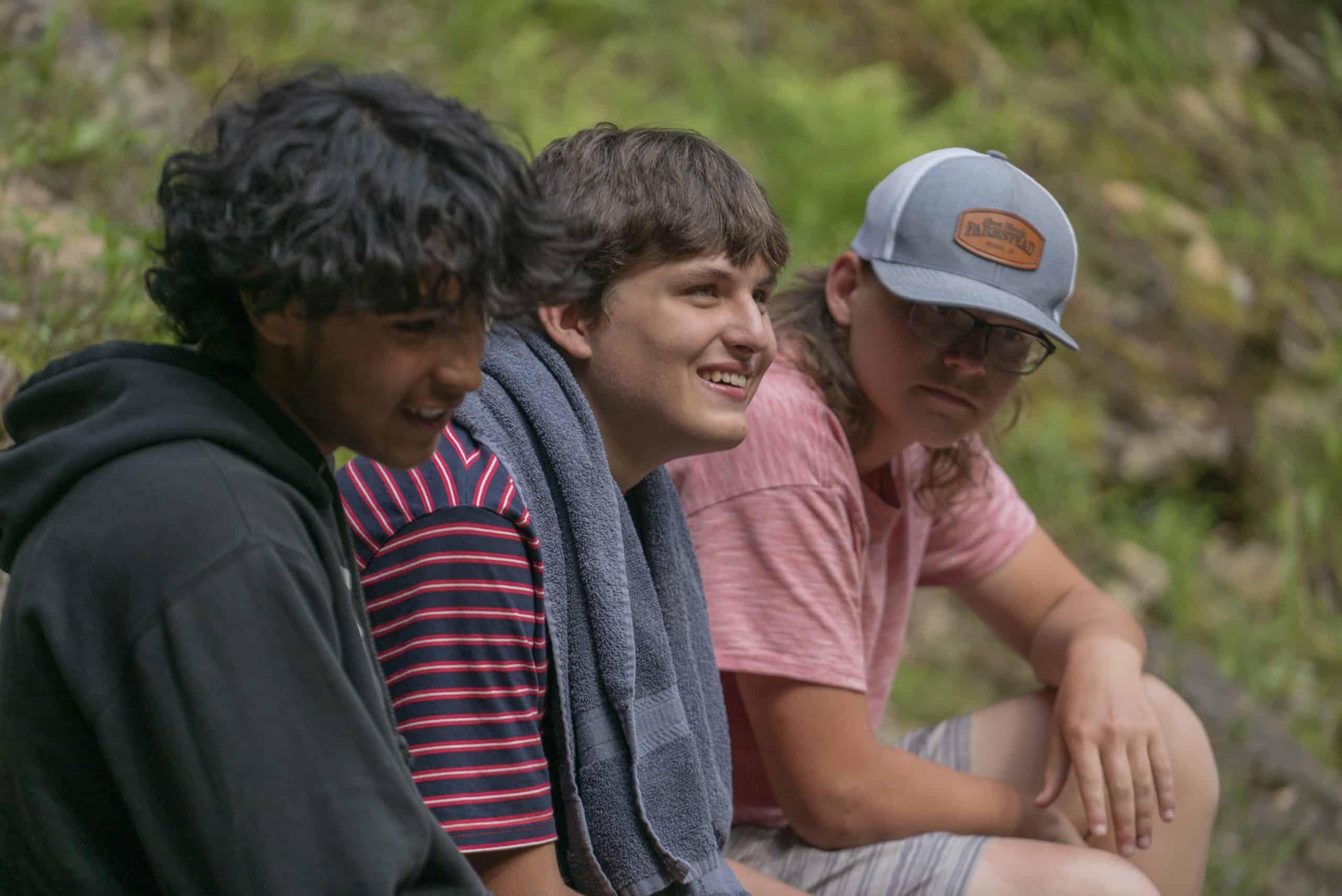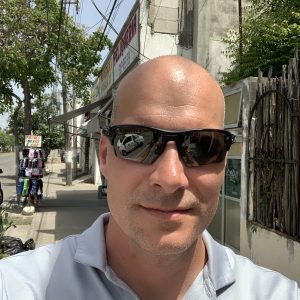The Turning Winds team aims to engage parents as much as possible during the residential treatment phase and—most importantly—after their teen returns home.
“Teens that have family, and particularly parents, involved in the treatment process, have better outcomes,” parenting expert Tim Thayne wrote in his book Not By Chance. “Parents who are engaged in the process are more likely to understand and buy into the approach being taken in treatment, and will therefore support treatment through to completion; by doing so will improve the functioning of their family.”
After looking through more than a decade of outcome research, Dr. Thayne found that three factors were key in predicting long-term treatment success: family involvement, stability acquired in a treatment environment, and aftercare support.
Family Involvement
“Parents who are engaged in the process are more likely to understand and buy into the approach being taken in treatment, and will therefore support treatment through to completion; and by doing so will improve the functioning of the family,” Thayne wrote.
Issues that arose prior to the child receiving treatment need to be resolved. “During the process of treatment, most parents and their children experience some level of healing from the trauma that they had experienced,” Dr. Thayne wrote. “Often both teens and their parents begin to take more individual responsibility for their part in the negative family dynamics, and with the support of the program, productive communication replaces the chronically conflictive interactions that had previously been the norm.”
Turning Winds offers a two-day workshop as part of a wide range of services. The therapeutic approaches at Turning Winds include character education, leadership development, health, wellness of body and mind, therapeutic and academic success, and outdoor therapeutic experiential education.“Sending them to Turning Winds is an important step and the parent workshop we offer once a month provides families with important tools to achieve the best possible outcome for their teens,” says chief operations officer Carl Baisden.
Stability and Structure in Treatment
The environment has a powerful impact on a teen’s life. The need to remove their child from a toxic environment is typically one of the main reasons adolescents are sent to Turning Winds.
Many of our clients were exposed to bullying, “cyberhate,” negative peer pressure, and other stressors before going into treatment. Turning Winds provides a therapeutic respite from the dysfunctional aspects of today’s teenage milieu, reconnection with core human values, and the holistic education and therapeutic alliance needed to perceive and practice intentional living. We have taken the best elements of care from wilderness therapy, therapeutic boarding schools, and inpatient treatment to create a one-of-a-kind residential treatment center.
When parents bring their kids to our remote place in Montana to make them disconnect, they are relieved to see the healthy setting their kids will experience. “They’re not going to be distracted with everything out there; phones, internet, television, social media, even the pressures of school and fitting in,” says Turning Winds therapist Kim Sparks. “Most parents feel this is a great privilege for their kids to be up here.”
“Even in the best of homes, there is a big difference between the highly structured and safe milieu that teens experience in good programs,” Thayne wrote. “Turning your teen’s life around without removing him or her from the old environment maybe night unto impossible.”
Utilization of Aftercare
While a good treatment program such as Turning Winds provides a therapeutic structure and stability for the teen while away from home, an effective aftercare process needs to ensure that positive change will continue after discharge. “The involvement of the family, and particularly the parents, in the aftercare process is vital.”
“While our goal is to produce the systemic change that frees individuals to move forward and find better relationships and greater happiness, this is best accomplished as individuals within the family—focus on how they can do their part personally,” Thayne wrote. “Everyone has a role.”
The new relationships forged at Turning Winds won’t just disappear at discharge. Many alumni stay in touch with their trusted therapists long after their discharge. “Kids often reach out to us,” says Turning Winds CEO Owen Baisden. “They call and text us and give us updates on what’s going on in their lives.” Turning Winds alumni always have somebody they can call if they struggle. If they get stuck, they turn to the people they trust and the people they have connections with.
At Turning Winds, our mission is to rescue teens from crisis situations, renew their belief in their own potential, reunite them with their families, and put them on a sustainable path to success. Contact us online for more information, or call us at 800-845-1380. If your call isn’t answered personally, one of us will get back to you as soon as possible.









